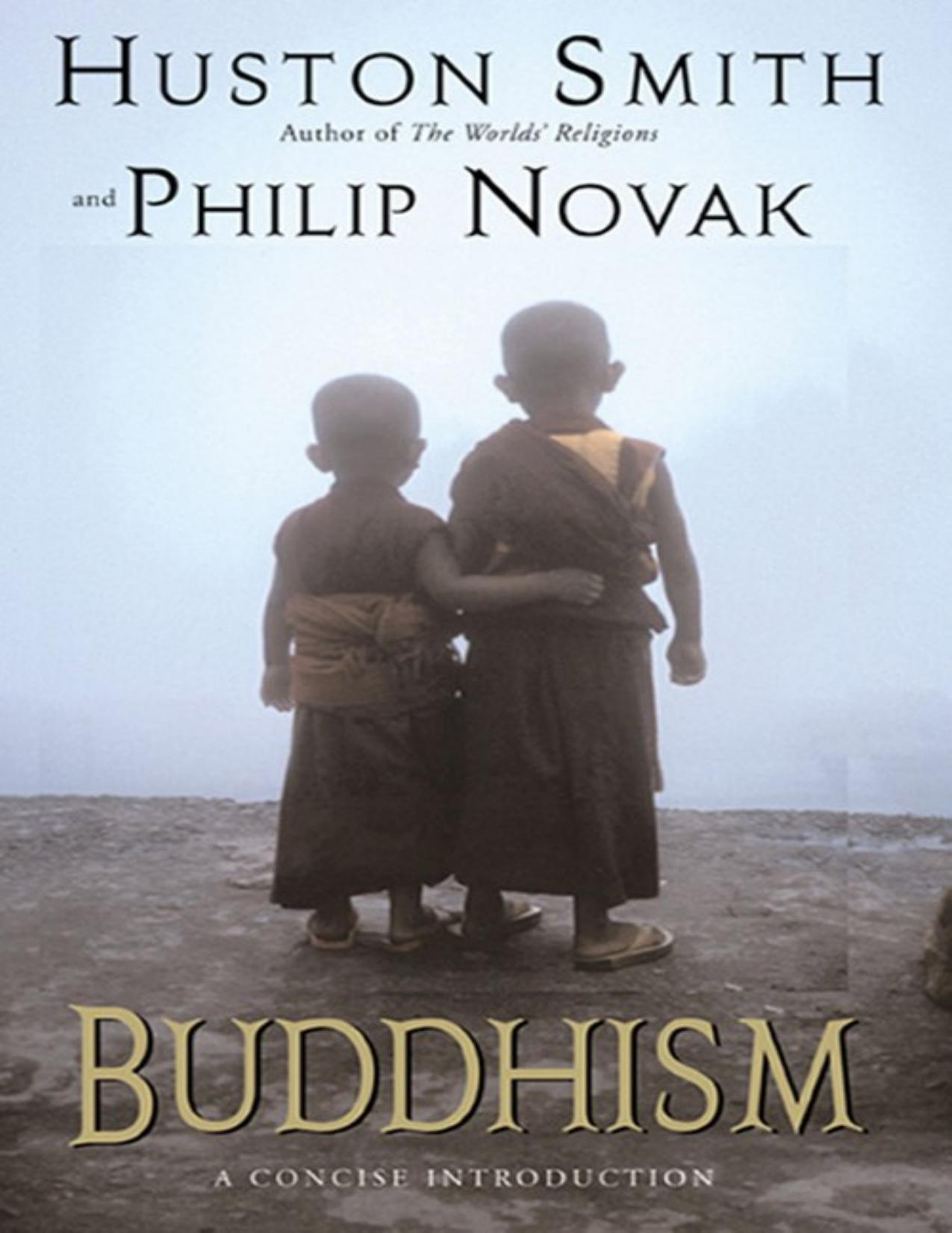Buddhism: A Concise Introduction by Huston Smith

Author:Huston Smith
Language: eng
Format: epub, azw3, pdf
Publisher: HarperCollins
14
AMERICA THE BUDDHA FULL
It was in sources like William Jonesâs Asiatick Researches that American writers Henry David Thoreau and Ralph Waldo Emerson first discovered the mind of India. Yet as Jonesâs own studies were confined to Hinduism, the Indian ideas that the American Transcendentalists picked up were largely Hindu. Buddhism had not yet been clearly extricated from its parent. Around 1840, Brian Hodgson, a British civil servant stationed in Nepal, happened upon a Sanskrit copy of an important Mahayana Buddhist Sutra, the Saddharma Pundarika (âLotus of the True Teachingâ). It found its way to Eugene Burnouf in Paris, whose French translation of it reached Emerson and Thoreau in Concord, Massachusetts. In 1844, Thoreau published an English translation of it, and (figuratively speaking) the first faint strains of âAmerica the Buddha Fullâ could be heard drifting across the waters of Walden Pond.1
Perhaps more significant for American Buddhism than what Thoreau translated, however, was the way he lived his lifeâhis contemplative habits. Although Emerson was first, last, and always a writer, Thoreau, in addition to writing (his journals run to fourteen volumes), experimented with silence. âAsk me for a certain number of dollars if you will,â he said, âbut do not ask me for my afternoons.â2 He tells us that he could sit alone for hours, listening to nature, doing nothing, just being. This wholly different kind of study deepened him, helping him grow, he said, âlike corn in the night.â
Thoreau was certainly not the only American contemplative, but as historian Rick Fields says, he was one of the few to live contemplatively in a Buddhist way. That is to say, he was perhaps the first American to explore the nontheistic mode of contemplation that is the distinguishing mark of Buddhism.3 Perhaps it was a Buddhist sort of simplicity that caused Thoreau to remark that âA man is rich in proportion to the number of things he can afford to let alone,â and to add that âCivilization, in the real sense of the term, consists not in the multiplication, but in the deliberate and voluntary reduction of wants.â4 And perhaps it was a Buddhist sort of gentleness that moved him to say, âI know some will have hard thoughts of me, when they hear their Christ mentioned beside my Buddha, yet I am sure that I am willing they should love their Christ more than my Buddha, for love is the main thing.â5
One of the most potent seeds to be sown in the young American Buddha-field was the publication in 1879 of Edwin Arnoldâs already alluded to rhymed-verse biography of the Buddha, The Light of Asia. Arnold was an English poet and journalist married to an American. He had lived in India for a time, retained a lively feel for its sights and sounds, and had been deeply impressed by the Buddhaâs lifeâAsiaâs candidate for the greatest story ever told. Informed by the available European scholarship on Buddhism, Arnold turned all these influences to marvelous account in a perceptive, highly sympathetic, and inspirational epic poem about the âWorld-honoured One.
Download
Buddhism: A Concise Introduction by Huston Smith.azw3
Buddhism: A Concise Introduction by Huston Smith.pdf
This site does not store any files on its server. We only index and link to content provided by other sites. Please contact the content providers to delete copyright contents if any and email us, we'll remove relevant links or contents immediately.
The Way of Zen by Alan W. Watts(6614)
Ego Is the Enemy by Ryan Holiday(5448)
The Art of Happiness by The Dalai Lama(4130)
The Book of Joy by Dalai Lama(3986)
Why Buddhism is True by Robert Wright(3453)
Spark Joy by Marie Kondo(3302)
Shift into Freedom by Loch Kelly(3199)
Happiness by Matthieu Ricard(3049)
A Monk's Guide to a Clean House and Mind by Shoukei Matsumoto(2915)
The Lost Art of Good Conversation by Sakyong Mipham(2654)
The Meaning of the Library by unknow(2571)
The Unfettered Mind: Writings from a Zen Master to a Master Swordsman by Takuan Soho(2311)
The Third Eye by T. Lobsang Rampa(2267)
Anthology by T J(2213)
Red Shambhala by Andrei Znamenski(2199)
The Diamond Cutter by Geshe Michael Roach(2062)
Thoughts Without A Thinker: Psychotherapy from a Buddhist Perspective by Epstein Mark(2025)
Twilight of Idols and Anti-Christ by Friedrich Nietzsche(1894)
Advice Not Given by Mark Epstein(1881)
